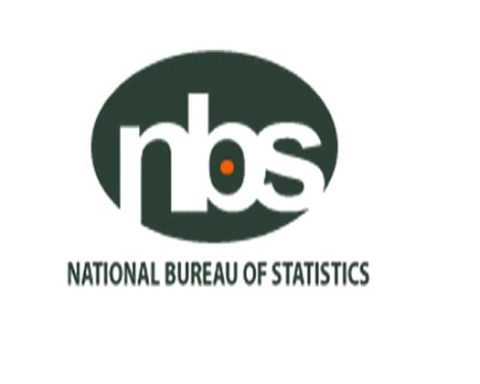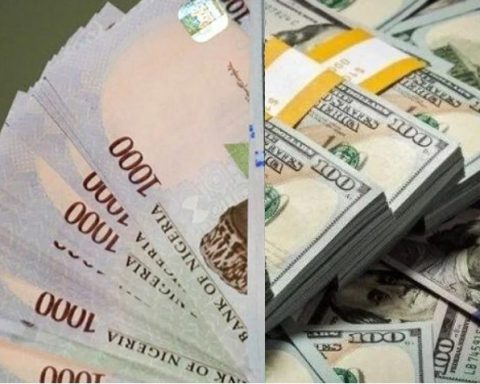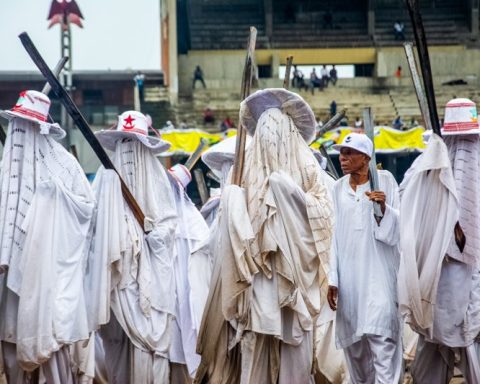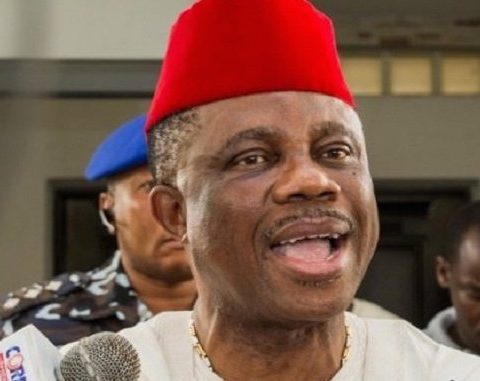The cost of food items in Nigeria is on the increase. Millions of poor Nigerians unable to catch up are groaning and sinking deeper into poverty. In most families, the standard three square meals per day are no longer guaranteed as food prices continue to soar.
With the current inflation rate standing at 17.9 per cent according to data from the National Bureau of Statistics (NBS), it is becoming increasingly frustrating for low income earners and even middle class Nigerians to feed.
Join our WhatsApp ChannelThis dire economic situation has been going on for well over five years. The last time Nigeria recorded a single-digit inflation rate was in January 2016 at 9.6 per cent. While the economy continues to grapple with double-digit inflation rates over the past five years, the purchasing power of the naira grows weaker, and with little hope of recovery.

Double-digit inflation means an increase in prices at a rate of between 10% and 99%. For over five years, prices of goods and services in Nigeria have been on the high side.
Between 2018 and 2019, Nigeria’s economy made some attempts at recovery with inflation going a bit downward. However, the little gains were thwarted by the COVID-19 pandemic. The pandemic triggered Nigeria’s second recession in five years, with a crash in oil prices hitting state revenue so hard, creating large financing needs and weakening the naira.
Despite Nigeria unexpectedly coming out of a recession in Q4 2020 as growth in agriculture and telecommunications offset a sharp drop in oil production, many Nigerians continue to feed from hand to mouth. Prices have failed to drop in 2021 due to the challenges connected to insecurity, and its direct impact on agricultural output and transportation cost.
The economy might have recorded little growth compared to this time last year, but the slow pace of growth means the impact is far from being felt. Food prices and other items remain high.
Further study of latest NBS data shows that on the selected food items for May 2021, the average price of a dozen of Agric eggs medium size increased year-on-year by 17% and month-on-month by 2% to N541.5 in May 2021 from N530 in April 2021; while the average price of Agric eggs medium size (price of one) increased year-on-year by 22% and month-on-month by 1.7% to N49.9 in May 2021 from N49 in April 2021.
Average price of 1kg of tomato increased year-on-year by 9% and month-on-month by 9.5% to N303.51 in May 2021 from N277.26 in April 2021. The NBS report also said that the average price of 1kg of rice (imported high quality sold loose) increased year-on-year by 17.5% and month-on-month by 0.65% to N544.09 in May 2021 from N540.58 in April 2021.
Similarly, it said that the average price of 1kg of yam tuber increased year-on-year by 13.96% and month-on-month by 6.80% to N269.98 in May 2021 from N252.80 in April 2021.
The effects of these changes are there for the world to see. In 2018, Nigeria overtook India as the country with the largest number of people living in extreme poverty. According to findings by the Brookings Institute, half of Nigeria’s population, an estimated 87 million people, live on less than $1.90 a day. That much has not changed since, cannot be unconnected to the stagnant economic growth occasioned by fluctuating inflation which has remained in double-digit.
Despite being the largest oil producer in Africa, Nigeria has failed to translate its resource wealth into good living standards. President Muhammadu Buhari had in his Democracy Day 2021 speech, claimed his government has lifted 10.5 million Nigerians out of poverty in the last two years. “Our overall economic target of lifting 100 million Nigerians out of poverty in 10 years is our goal notwithstanding COVID-19. In the last two years we lifted 10.5 million people out of poverty – farmers, small-scale traders, artisans, market women and the like.
Continuing, the president said, “I am very convinced that this 100 million target can be met and this informed the development of a National Poverty Reduction with Growth Strategy. The specific details of this accelerated strategy will be unveiled shortly.”
Interestingly, the government’s claim does not reflect findings from the street. The number of Nigerians living in extreme poverty according to the World Poverty Clock has increased slightly to 86.8 million, representing 41% of the nation’s estimated 209 million population. The World Poverty Clock data shows that within the two-year period referenced by President Buhari, at least 10 million Nigerians slipped into extreme poverty.
On Tuesday June 22, 2021, President Buhari again inaugurated what he called a Steering Committee of the National Poverty Reduction with Growth Strategy, chaired by Vice-President Yemi Osinbajo. He said this reiterated his commitment to lifting 100 million Nigerians out of poverty in 10 years, with a well-researched framework for implementation and funding.
Something that the president did not recognise is that by establishing this Committee on Poverty, he’s admitted that millions of Nigerians have been living in poverty under his watch for six years and counting; a failure on his 2015 election campaign to better their lives.















